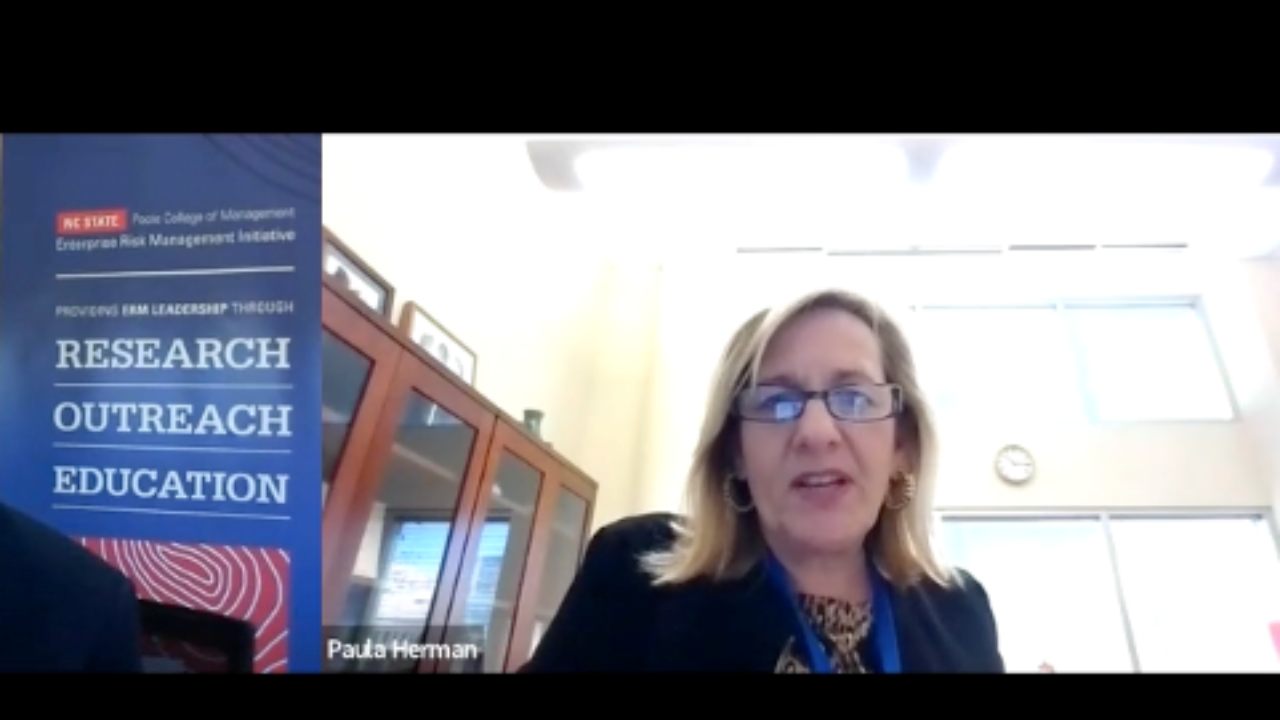Jul 6, 2022
Five Actions to Build a Resilient Organization
The 2021 Deloitte Global Resilience Report explores how to strengthen resilience in your organization to be prepared to overcome disruptions and thrive amid extreme circumstances. Through 2,260 interviews with public- and private-sector CXOs in 21 countries, the report identifies five organizational characteristics common to companies that have proven to adapt, bounce back, and persist amid disruption: preparation, adaptability, collaboration, trust and responsibility. This article translates those characteristics into practical, actional steps for leaders to build resilient organizations.


